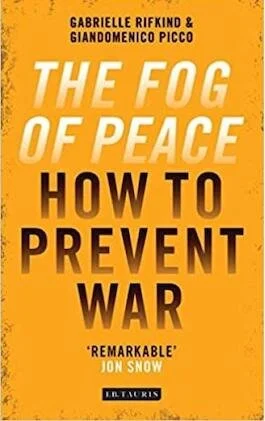
Our approach: managing radical differences
Traditional conflict resolution has aimed to create the conditions for trust-building and the search for common ground. Experience has taught us that this may not always be possible and it is more realistic not to seek to change minds, but rather to establish areas of potential mutual self-interest.
Oxford Process’ work is driven by its methodology of managing radically different points of view:
1. Starting where people are, and not where we want them to be.
This involves mapping the positions and interests of all parties in the conflict system and identifying openings for engagement.
Such a careful approach can be problematic for Track I actors; where national interests, complex constituencies and strategic inhibitions are at play.
2. Addressing issues of identity and core values.
This stage examines how parties to the conflict identify themselves. It explores the psychology of conflict; exploring how history and experiences have shaped their positions. In doing so, it identifies parties’ core values.
Such a psychologically driven approach enables traumas to be recognised, how they are shaping the conflict and what can be done. It recognises that trust between parties will be fragile and that it will be the role of the mediator to create a safe space.
3. Identifying areas of potential strategic agreement.
By establishing areas of mutual self-interest, this stage helps parties elevate their thinking to a strategic rational approach.
This is a welcome move away from the oft unrealistic search for how to change parties’ minds.
Many of Oxford Process’ ideas are explained in the book Fog of Peace - The Human face of Conflict Resolution by Oxford Process’ director Gabrielle Rifkind & Giandomenico Picco.
Institutions do not decide whom to destroy or to kill, whether to make peace or war; those decisions are the responsibility of individuals. This book argues that the most important aspect of conflict resolution is for antagonists to understand their opponents as individuals, their ambitions, their pains, the resentments that condition their thinking and the traumas they do not fully themselves grasp.
- Gabrielle Rifkind & Giandomenico Picco
Giandomenico Picco
Gianni was a "legendary" negotiator, who led the task force which secured the end of the war between Iran and Iraq in August 1988. From 1988 to 1992 he conducted the operation which led to the release of 11 Western hostages from Lebanon. He has continued to operate quietly behind the scenes to make a safer world.

